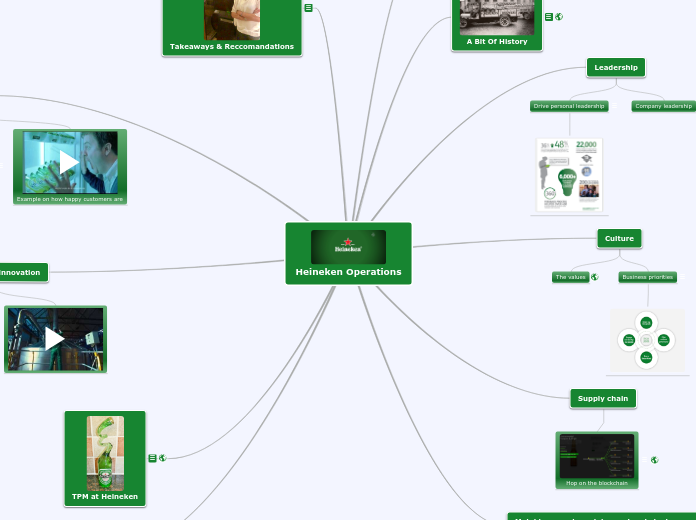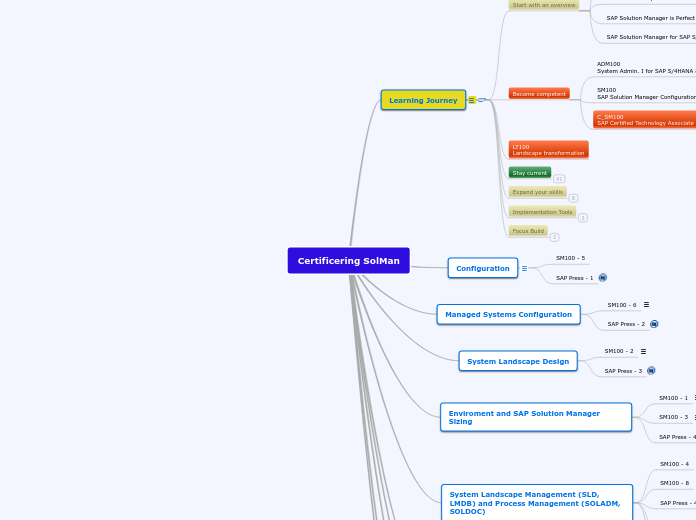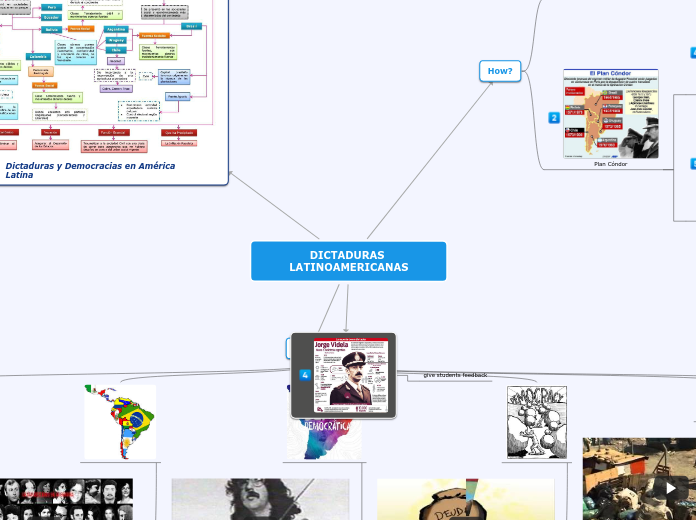RECOMENDATION -If you are going to use your business plan for raising money, presentation and formality are very important
WRITING A BUSINESS PLAN
Ten Ways to Ruin Your Business Plan
Especially important if the business plan is prepared for a lender:
Too much focus on collateral.
Starting the plan with unrealistic loan amounts or terms.
Unwillingness to personally guarantee any loans.
No indication that the owner has anything at stake.
These errors in business plan preparation and presentation will undermine the
credibility of the plan
Lack of specific, detailed strategies.
A lack of understanding of financial information.
Too much “blue sky”
Unsubstantiated assumptions
Outdated historical financial information
Submitting a “rough copy”
Business Plan Outline
Section Three: Supporting Documents
Supporting Documents
Section Two: Financial Data
C. Sources and Uaes of Funds
B. Break Even Analysis
A. Projected Financial Statements
Section One: The Business
I. Application and Effect of Loan or Investment
Is important wether you are seeking a loan
H. Personnel
The success depends on their ability to recruit
G. Management and Operations
It is important to discuss management qualifications and structure
F. Competition
Business by nature is competitive, and few businesses are completely new. If there
E. Location
Locations with greater customer traffic usually cost more to buy or rent, but they require less spending for advertising to attract customers.
D. Marketing Plan
In this section, you include the highlights or your detailed marketing plan.
C. Market Analysis
For start-ups or existing businesses, market analysis is important as the basis for the marketing plan and to help justify the sales forecast.
B. Products/Services
In this section, describe your product offering.
A. Description of the Business
describe in detail each part (A through I) of the previous
Business Plan Outline.
Basic Business Plan Guidelines
SECTION THREE
contains supporting information to reinforce the first two
sections.
SECTION TWO
describes in numbers the outcome of your business
strategies and plans.
SECTION ONE
It should be thorough, but concise and to-the-point.
Why Write a Business Plan?
It communicates your idea to others
Forecast cash flow, show liquidity and ability to repay debt
Forecast profitability and investor return on investment
Determine the amount and type of financing needed
It provides an operating plan to assist you in running the
business and improves your probability of success.
Show financial outcomes
Develop production, administrative, and marketing plans
Opportunities and mistakes
A Business Plan helps you evaluate the feasibility of a new
business idea
Financial
Management
Marketing









